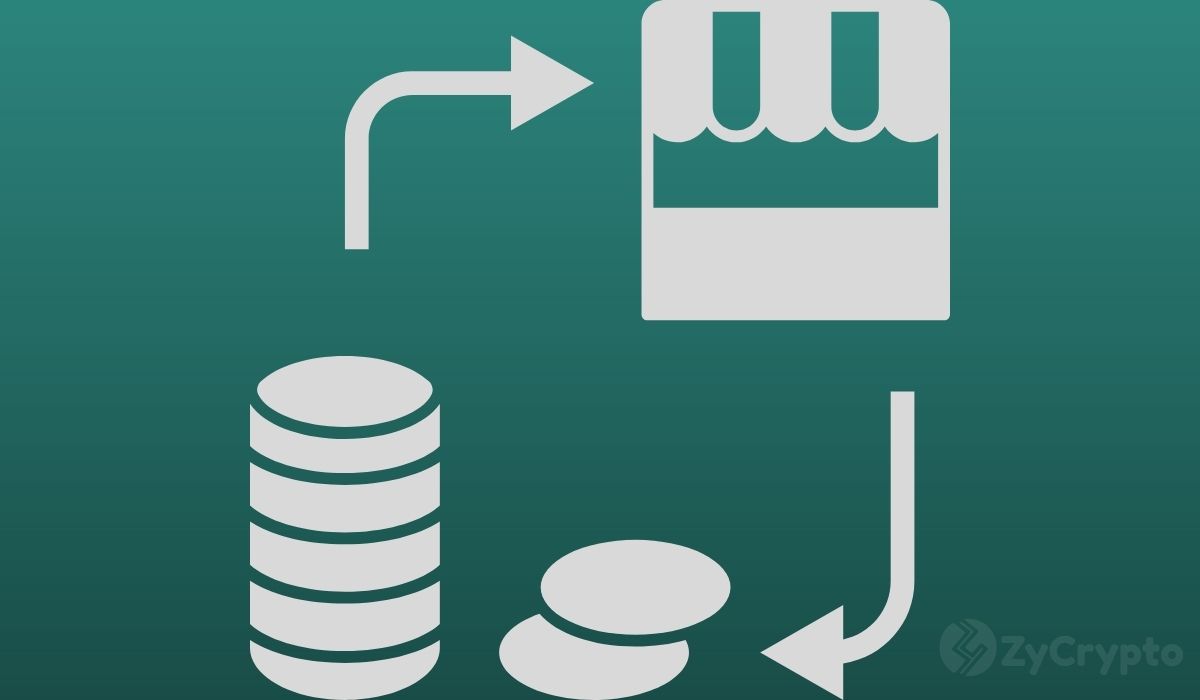As the drive for mainstream crypto adoption picks pace, retail and institutional players are exploring ways of tapping into opportunities presented by the crypto markets. In this endeavour, institutional players are faced with various factors for consideration as they trade in digital assets.
According to the Crypto Trading Report 2022 by PricewaterhouseCoopers (PwC), the Alternative Investment Management Association (AIMA) and Finery Markets, institutional players rated the following factors, in order of importance, as key in choosing an exchange venue for digital assets namely; execution and liquidity quality, the assets an exchange supports, regulation and jurisdiction reputation, and fees and commissions.
According to the participants: “When choosing an exchange, the respondents seem to place importance on execution and liquidity quality. More than two-thirds of the respondents chose this option when given a chance to select the three most important factors. The second most important factor is the assets an exchange supports. Rounding off the top three, regulation and jurisdiction reputation is the final factor in the choice of exchange. Interestingly, fees and commissions come in fourth place, suggesting that actors are willing to potentially pay more in transaction fees when the exchange trades the requested asset, ensures “best execution” and is located in a jurisdiction that promotes legal certainty”.
The survey found that jurisdictions that promoted digital assets and had less restrictive crypto regulations led to numbers of licensed institutional investors. Two-thirds of the institutional participants were under the supervision of a regulator. Russia and Switzerland were the leading jurisdictions for institutional investors in digital assets and, at the same time, holding licences in their country of domicile.
The survey data further showed that institutional players were using digital assets in addition to traditional finance. The survey found that: “Over 50% of the companies that have traditionally traded in financial instruments are now engaging in trade in the digital asset landscape”.
On monthly crypto trading volume, the survey indicated that the highest number of respondents were trading less than USD 10 million in digital assets. However, the survey also found that though a more significant number of companies traded less, the volumes of institutions that trade more than USD 10 million were much more significant.
According to the survey, only 9% of institutions were using a single venue for digital asset execution. 90% of the respondents were trading on Centralised Exchanges (CEXs), while around half were trading with Over The Counter (OTC) desks. Over a third of the respondents also traded on Decentralised Exchanges (DEXs) due to their wider digital asset offering, which is an essential factor in choosing an exchange for institutional players.
The interplay of the various factors for crypto adoption for institutional players is expected to change as the crypto landscape develops. The ranking of the importance of the elements will depend on how the critical factors are addressed.







